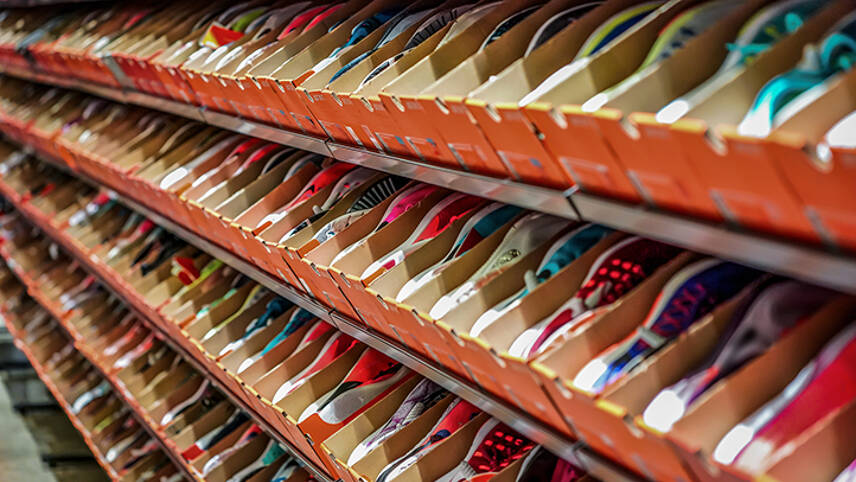Register for free and continue reading
Join our growing army of changemakers and get unlimited access to our premium content

MCAP has been developed from both Target’s Supplier Engagement Program and the Supplier Climate Action Program (SCAP), which was co-developed by Nike
The Manufacturer Climate Action Program (MCAP) has been launched today (3 October) by the SAC alongside Nike and Target. It builds on the SAC’s Decarbonisation Program and aims to help drive carbon reductions across fashion manufacturing.
The MCAP will create pathways for members to measure carbon emissions and develop science-aligned targets for both Scope 1 and 2 emissions. The MCAP has decided to exclude Scope 3 measurements for now, claiming that these can act as a barrier for manufacturers to step forward and take action on carbon emissions.
Manufacturers will receive guidance for developing decarbonisation plans and will allocate resources to deliver against such plans. Members will also be tasked with improving and implementing transparency and accountability through public reporting.
The SAC notably consists of more than 280 retailers, brands, manufacturers, governments, academics, and nonprofit affiliates.
The SAC’s director of collective action programmes, Joyce Tsoi said: “As a convener of the consumer goods industry, we have a unique opportunity to rally our community’s collective strength and drive transformative change to set science-aligned targets, averting the worst climate impacts. Through our Decarbonisation Program, we co-create solutions and foster collaborations necessary for systemic change within global supply chains, recognizing that addressing this challenge requires that no single entity can tackle this challenge alone.
“MCAP represents a key initiative, uniting manufacturers globally to accelerate action towards science-aligned emissions targets, significantly reducing global CO2 emissions at scale. By partnering with industry leaders and offering scalable solutions, we can empower our industry to confront emission reductions and instigate the change we need to support low-carbon transition.”
MCAP has been developed from both Target’s Supplier Engagement Program and the Supplier Climate Action Program (SCAP), which was co-developed by Nike and its suppliers and in consultation with the World Resource Institute (WRI).
It will help the textile industry in its efforts to reach net-zero emissions by 2050, with many firms building toward targets to help reduce global emissions from the sector by 45% by 2030.
The initiative will help fashion firms respond to the growing impacts of the climate crisis.
Bangladesh, Vietnam, Cambodia and Pakistan could see their export earnings drop by 22% by 2030, as climate change makes it ever more challenging for their fashion production facilities to operate. That is according to a new report from Cornell University’s Global Labour Institute (GLI) and Schroders.
The findings serve as a clear warning that fashion supply chains are not being adequately prepared for physical climate risks. The report concludes that the four nations will lose up to $65bn in export earnings in 2030 – equivalent to almost a quarter of their current annual export earnings.
Some in the industry are moving to adopt science-based approaches to both climate and nature. In June this year, fashion firms including Kering, Chanel, Adidas and H&M pledged to follow new industry-specific guide to science-based targets for nature.
The University of Cambridge Institute for Sustainability Leadership (CISL), in partnership with the Fashion Pact and Conservation International, launched the new primer. It is a part of the two-year initiative, Transforming the Fashion Sector With Nature, funded by the Global Environment Facility (GEF). The guide offers the fashion industry insights into establishing tangible and measurable nature targets.


Please login or Register to leave a comment.